Georgian citizens in Europe - without visas, without asylum
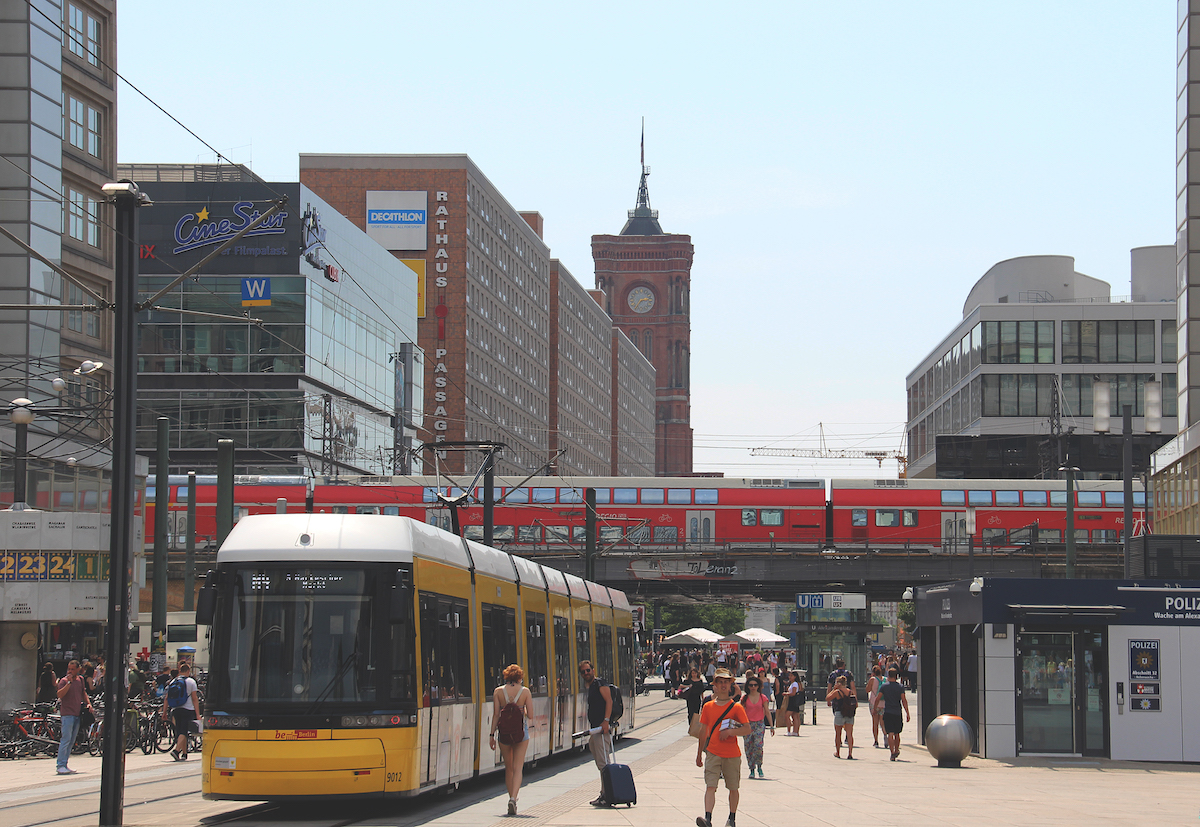
There are two buildings tucked away in a green area of Berlin where refugees from across the world who have found asylum in Germany have settled in.
I’m met by Kakha* in front of one of the buildings. In order to get in, one has to register with the guards downstairs. There are ‘onlookers’ on every floor as well.
We make our way to the third floor, and enter a small room which has been furnished with the bare necessities – a bed, a chair, a table and a small bathroom. Fruit has been laid out on the table.
Kakha is 27 years old. He has been here since November 2017 and is gay. He says he understood his orientation when he was just 10 years old, and that he knew from an early age that he would be unable to live in Georgia. Kakha is one of many immigrants that have decided to change their fate and seek asylum in Europe by using the visa-free travel agreement.
He bought a ticket from Kutaisi to Berlin, and having arrived in Germany, applied for asylum. He receives 109 euros a month, has a room, his food concerns are taken care of and he has free transport across Berlin. Recently, Kakha began going to German-language courses which are also financed by the German government. His life is more or less coming together.
“In Georgia I was constantly discriminated against and was fired from jobs. The last job I had was as a waiter, and after a series of conflicts I was told that they ‘didn’t need such people’. Once a drunken customer beat me up in the restaurant … I ended up in the hospital with a broken jaw,” Kakha says.
He says that he is trying to escape discrimination based on the grounds of sexual orientation.
“We also have the right to a life of dignity. But our minister of justice lies when she says that there is no discrimination in the country, and that everything is just fine. If I lived well in my own country, I would have liked to stay with my family. But now I can sleep calmly and not think ‘well, I got through today. Nobody harassed me, nobody beat me, nobody found out about my secret…’ I can breathe freely here.”
Kakha had another reason for leaving his homeland. He is HIV positive. By the time he arrived in Berlin, he had also been diagnosed with tuberculosis. Since the first day he applied for aslyum, he has been given the appropriate medical aid and continues to receive it.
The liberalisation of the visa agreement and its consequences
A bit more than a year has passed since the European Union opened its borders to Georgian citizens. However, the opportunity has become something of a challenge, a test for the country, which has taken upon itself the responsibility of proving that it is ‘worthy’ of the European way.
Since 28 March 2017, Georgian citizens have had the right to enter European Union member countries for 90 days within a 180 day period.
The visa-free agreement has made the lives of many Georgian citizens easier. For more than a year now, Georgian citizens can simply buy a ticket to most EU countries, aside from the UK and Ireland. Visiting relatives, taking a vacation or going to different events and conferences has become much easier.
However, Georgia has also become one of the top-ten countries from which immigrants come to the EU for humanitarian reasons.
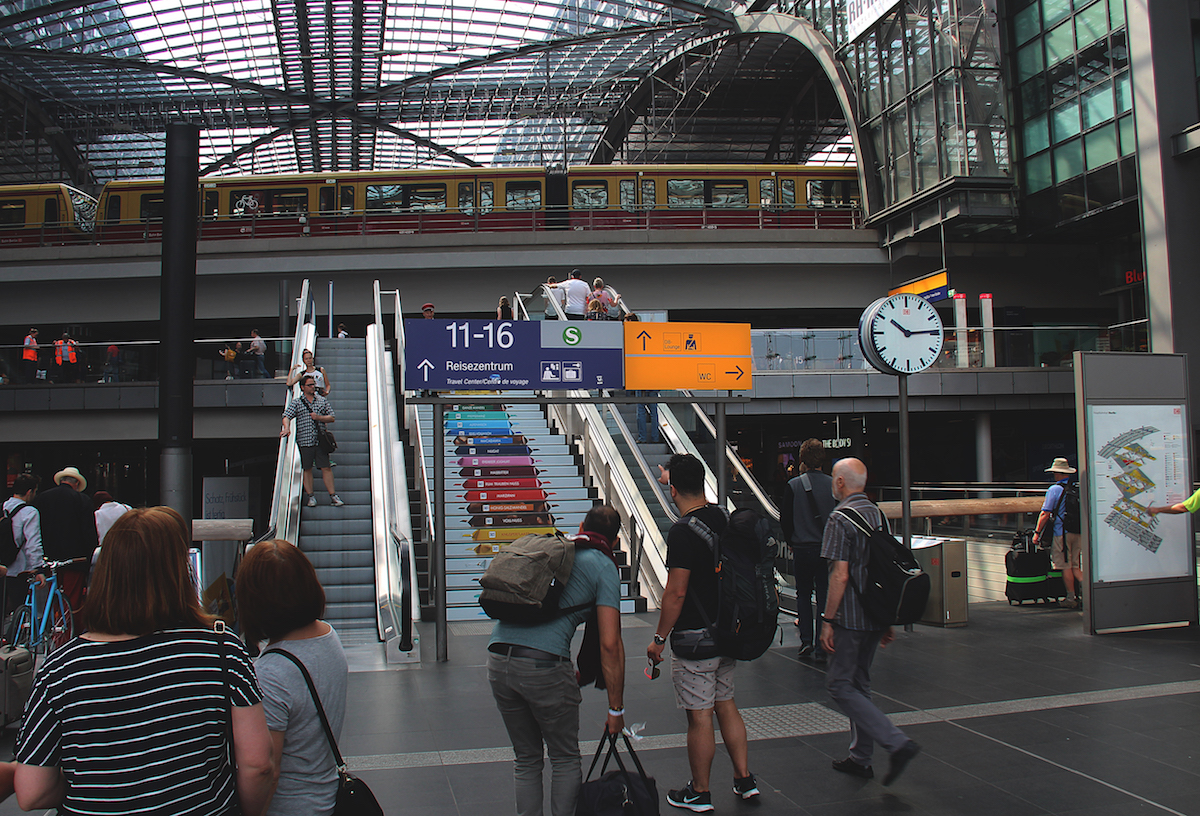
Facts:
In January 2018, 1 748 applications for asylum were submitted by Georgian citizens to EU member countries.
Numbers from other time periods:
February 2018: 1 650.
March: 1 613.
Compared to:
March 2016: 541.
March 2017: 753.
The Federal Office for Migration and Refugees (BAMF) of Germany says that in 2017, 3 462 applications for asylum were received. Georgia was among the top-ten countries in the world whose citizens applied for asylum in the country. From January through March 2018, 1 633 applications were made compared to 1 839 applications from Eritrea and 1 360 from Somalia.
However, the latest data shows that the numbers have radically decreased: in May 2018, only 174 applications were received.
Only some two per cent of applications submitted by Georgian citizens are approved.
The stories of those that decide to leave their homeland and apply for asylum elsewhere are all unique. However, one can see some patterns. In addition to discrimination or persecution, the main reasons for seeking asylum include poor access to healthcare and poverty.
Migrants can also be divided by time periods: those that applied before the visa-liberalisation came into effect and those that applied after.
We spoke with 60-year-old Bondo Pipia in a Chemnitz oncological hospital, which used to be called Karl-Marx-Stadt, where Bondo is currently receiving treatment for cancer and recently received chemotherapy. He is a refugee from Abkhazia and lived for more than 25 years in the port city of Poti without stable work or income.
He unsuccesfully tried to receive financial support from the state for treatment. The money that he received from local authorities was not enough. Having sold all he could, he collected more than 6 000 lari (2 500 dollars) but that wasn’t enough either. And then he decided to make one last, desperate move.
“In April 2017, I decided to go to Europe. I was already half-dead, my hands were shaking. I flew to Dortmund by myself. I got in a bus, asked people for help, and I ended up meeting a woman who knew Russian, and she advised me to go to Chemnitz, as there were more Russian-speakers there,” Bondo recounts.
There, he first ended up in a camp for asylum seekers, and after a check-up he was placed in a hospital. This saved him, Bondo says. In Georgia he would have died seven months ago, and for this he is very grateful to Germany:
“I always say that my first homeland is Abkhazia, and my second, Chemnitz. Here, I was born a second time.”
Bondo says that after his treatment is completed, he intends to return home.
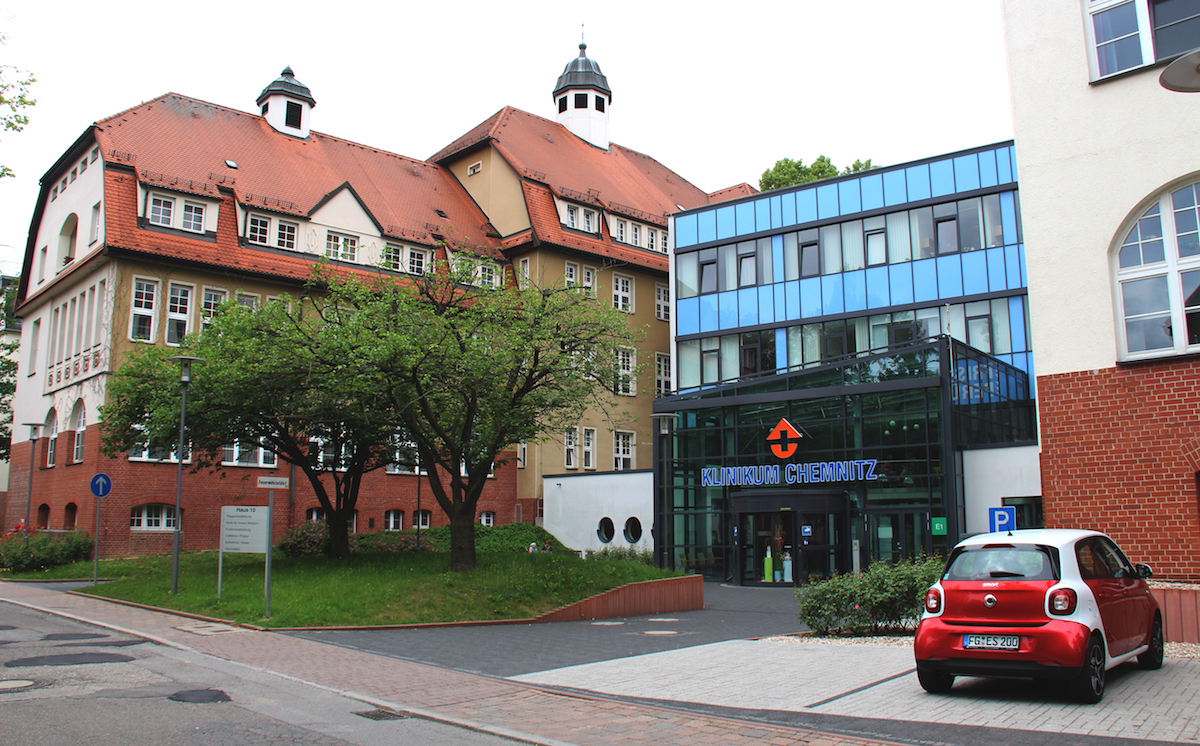
Unlike Bondo, 40-year-old Giorgi* does not plan to return home, as the health of his teenage son is in the hands of the German healthcare system. His son has a congenital disease and as he got older, his condition worsened. Giorgi and his son flew to Germany at the end of 2016 on a tourist visa and they requested asylum.
“My wife is a school teacher and I’m a painter, I used to do renovations. But we didn’t have enough money in order to regularly and reliably treat our son. He will need treatment for the rest of his life. I heard that in Chemnitz there was a large camp of asylum seekers, and that’s why we came here.”
His life was, at first, not easy – he and his son lived the first three months in a camp. But then they were given their own living quarters, they were able to unite their family and receive 1 300 euros a month.
Giorgi and his family do not have asylum seeker status and are only allowed to stay in the country until October 2018. Nobody can say whether or not they will receive an extension on this term as it depends on whether Giorgi will be able to prove that in Georgia he would have to pay for his son’s treatment. He says that the goverment does not want to supply him with such a document.
Moreover, he says, the Georgian authorities tell the German government that treatment is free in Georgia and that they can send back asylum seekers that are in need of medical treatment. However, Giorgi says, this is not true.
For 33-year-old Nelli* the path from being a refugee to receiving a work visa was not easy. This will be her fourth year in Germany, and she has been working as a nurse in a Berlin clinic for the past year.
Nelli is from Abkhazia. After the war in the beginning of the 90s, she ended up in Russia, and later her family moved to Georgia. She married and had two children. Her family, she says, had their own business which they later lost, as a result of which a number of problems popped up. She was no longer able to remain in the country and had to leave. Through her acquaintances, Nelli found someone to get her into Berlin for some 4 000 euros.
“When we arrived, I had only 10 euros in my pocket. I had nobody here, and for that reason I was forced to apply for the status of refugee. I don’t know how it worked out but they allowed me to stay. I worked as a waitress, and then I went to study nursing – which is in high demand and well-paid. Now, I can support myself and my children,” says Nelli.
Nelli is not considering returning to Georgia.
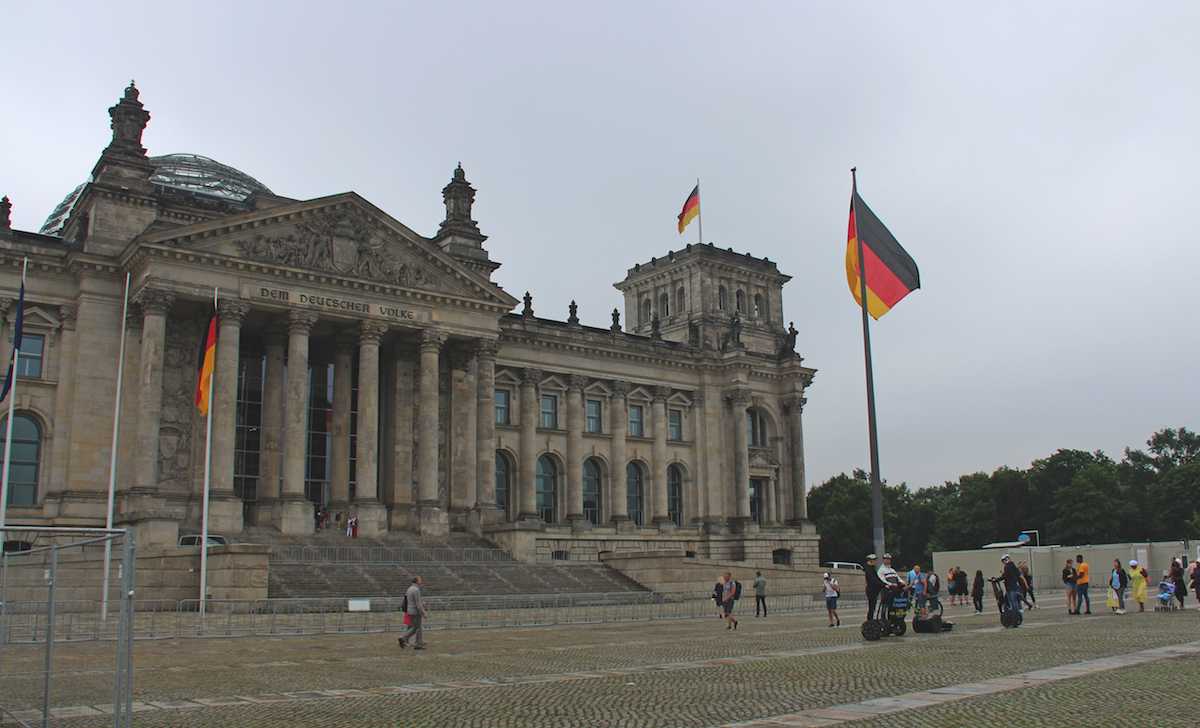
What will happen to the visa-free agreement?
Since February 2018, German politicians have begun to sound the alarm because of an influx of asylum seekers from Georgia. A Bundestag MP from the CDU/CSU, Stephan Meyer, told Die Welt in an interview that the violation of the conditions of the visa-free agreement by Georgian citizens was impudent and unacceptable. He says that they try to receive refugee status in Germany in order to use the country’s healthcare system, however their applications have no chance of success.
“Considering the three-fold rise in the number of asylum seekers over the past four months, it is now time to act. If these events do not come to an end, the EU must prove that it is capable of action and it must cancel the visa-free agreement (for Georgian citizens),” Meyer said.
The Integration Minister of North Rhine-Westphalia, Joachim Stamp, appealed to the federal government of Germany to take action. In his letter, he wrote that, in addition to a rise in the number of asylum seekers, a number of migrants are involved in crime. Moreover, the number of issues in camps connected to Georgian immigrants has also risen.
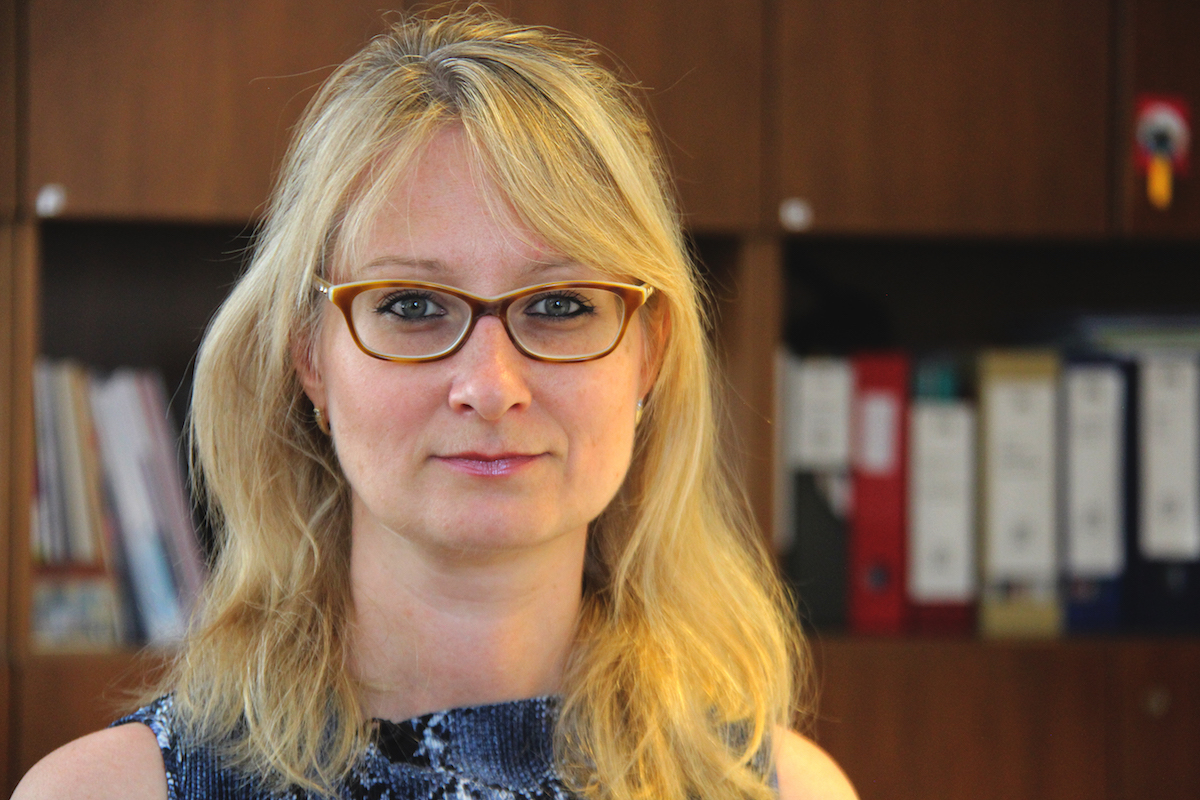
Natalie Rösler, the head of Dialogue, one of the largest public organisations of migrants in Berlin, says that statistics are often presented without taking into account the general context.
“For example, the statistics say that over the past eight months in North Rhine-Westphalia, the number of applications for asylum from Georgian citizens has increased three-fold. This sounds serious, and the media snatches up this topic. But in reality, in the period compared to before, the number of applications was 145, while over the past eight months it became 740. If you take into account the thousands of applications from citizens of other countries, this is but a drop in the sea.”
Rösler says that the waves of negative information mostly come from North Rhine-Westphalia, Baden Württemberg and Bavaria. The Minister of Integration in North Rhine-Westphalia and the Minister of Internal Affairs of Bavaria have even called upon parliament to begin procedures to shut down the visa-free agreement.
“I do not think the visa-free agreement will be cancelled. There are several mechanisms which Germany might employ now. There is a temporary cancellation. Georgia can also be given the status of a safe country [as of today, Georgia is recognised as a safe country by France, Norway, Bulgaria, Ireland and Austria -ed], and when it will end up on this list the process of deportation will be significantly easier. It is important that there are real efforts on the Georgian side, and that the authorities are cooperating with the German authorities, which would be highly appreciated,” Rösler says.
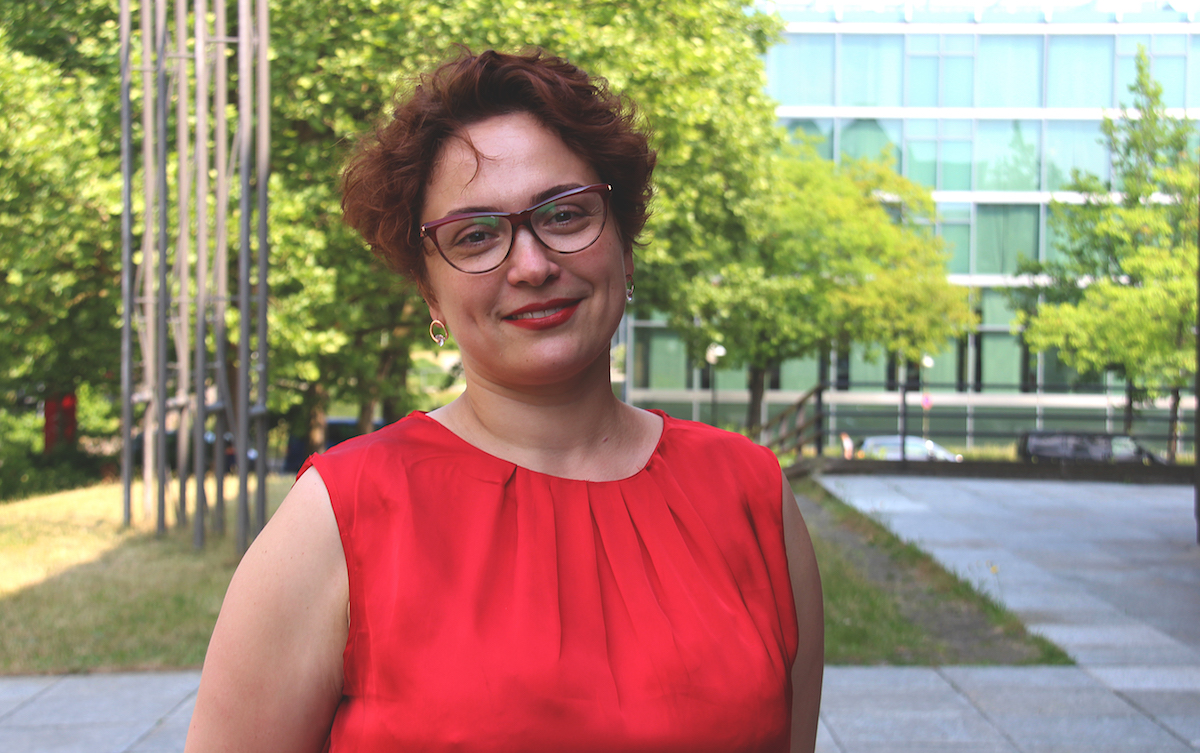
The director and co-founder of the Institute for Migration Policy in Berlin, Olga Gulina, believes that the liberalisation of the visa agreement has of course played its part in the rise of citizens applying for asylum. However, there is still no reason or grounds to put an end to the visa-free agreement:
“European politicians have made official statements that this will happen only if Georgia will cease cooperating with the European authorities and will not fulfill the conditions of readmission. This means that those who have not received asylum must return to Georgia. If Georgia will continue to carry out all its obligations and conduct a powerful information campaign, then there will be no cancellation of the visa-free agreement.”
Sergiu Grimalschi, the coordinator for work with migrants in the Berlin HIV-service organization Berliner AIDS-Hilfe, shared with us some of his observations: in the 2000s, he says, there were few Georgian citizens in Germany, while now there are notably more of them.
“Earlier I only dealt with three to five Georgian citizens in my group of HIV-infected migrants. Now, after the visa cancellation, there is a significant difference: of five working days, two go entirely to Georgian citizens. For example, this week, I had seven Georgians, four of which are new.”
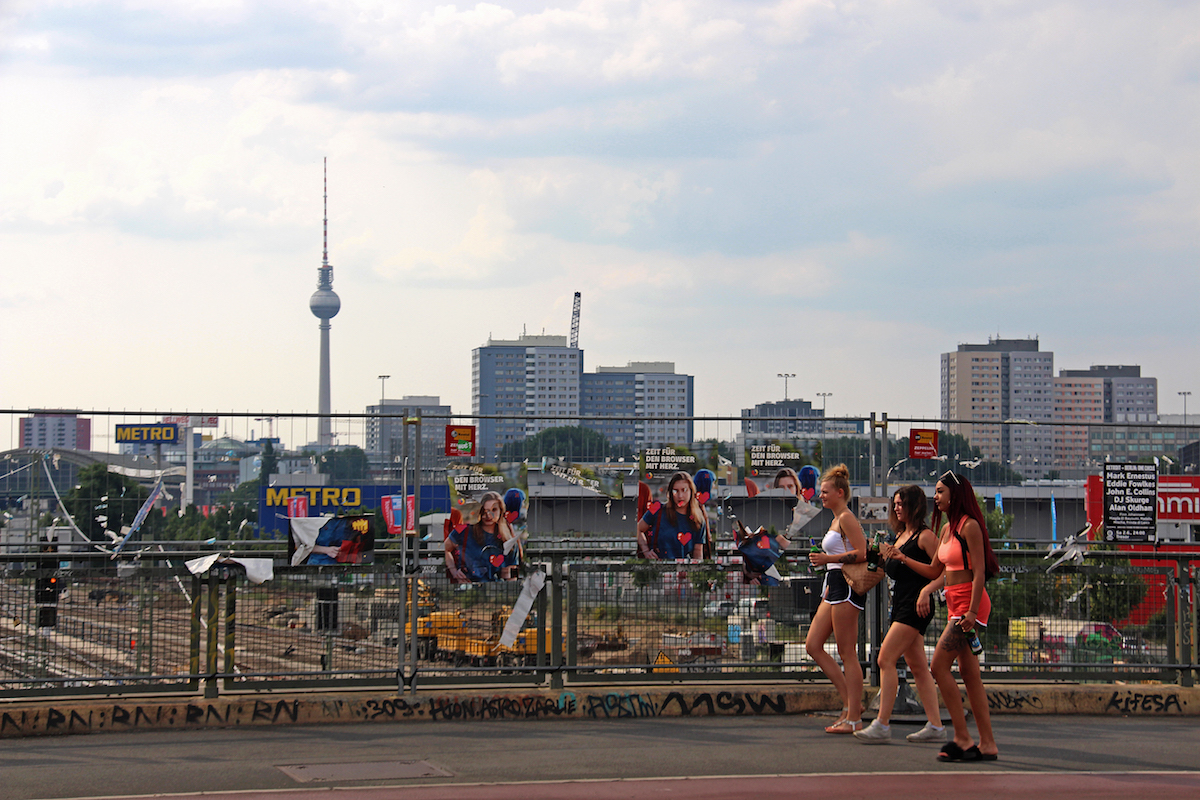
Liberalisation of the visa agreement and crime
Crime and the ‘Georgian mafia’ became some of the most popular themes of European and especially German media outlets after the visa-free terms were introduced for Georgian citizens. We requested information from the Federal Criminal Police of Germany and received crime statistics for the past four years involving the participation of Georgian citizens.
Facts:
Number of crimes committed by Georgian citizens in Germany:
2014 – 6 501
2015 – 8 085
2016 – 7 598
2017 – 7 671
Generally, Georgian citizens are involved in theft – from apartments to bicycle thievery and holding up shops.
But as one can see, the cancellation of visa requirements for Georgian citizens has not particularly affected crime rates, at least in 2017.
Second of all, Georgian crime in Germany is definitely not the most serious issue. As for crimes committed by EU citizens, Romania, Greece and Italy are at the forefront. From countries outside the EU, Syrians and Iraqis are in the lead. Albania and Kosovo, also small countries outside the EU, are far ahead of Georgia in criminal ‘ratings’.
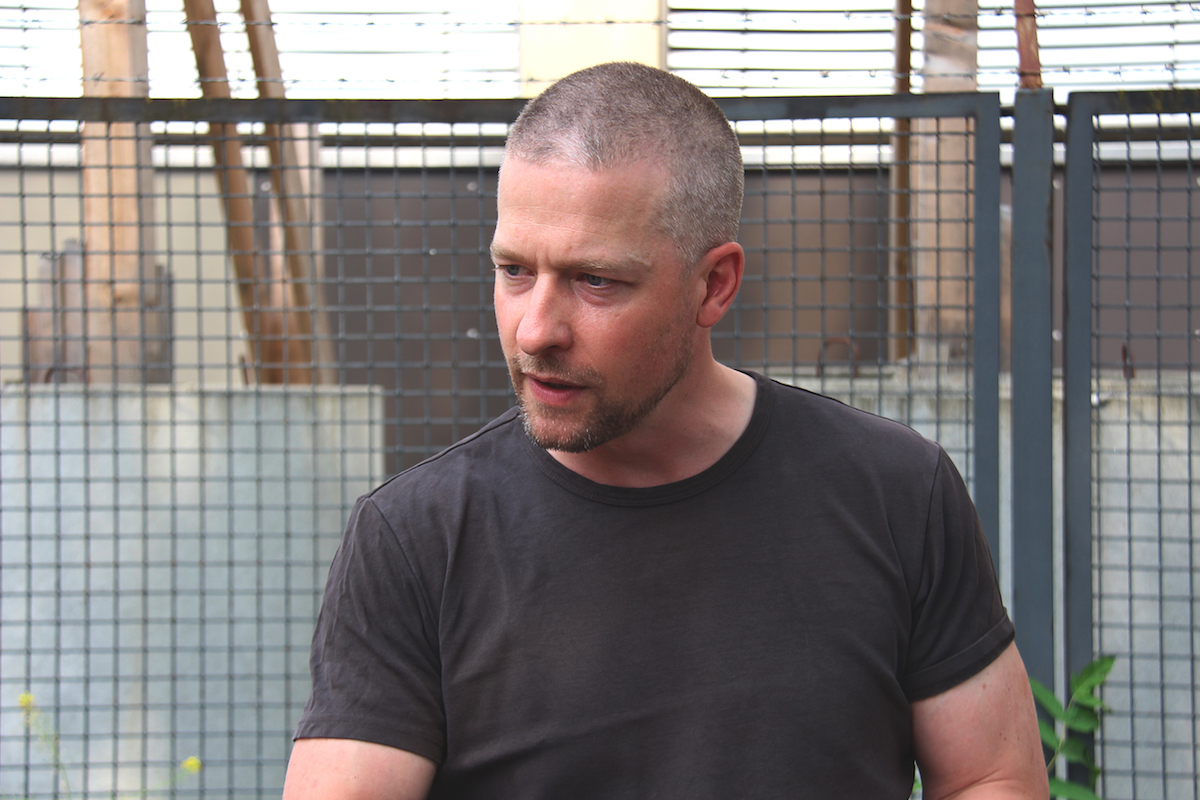
A representative of the trade union of criminal police of Berlin, Сarsten Milius, spoke to us about how Georgian criminal activities are perceived by the public:
“One can’t say that Georgians stand out among others. Of course when the number of applications for asylum increases, you will always find people who will try to use the waiting time to make some money in a criminal way. Georgia is a small country and located far from Germany … which, for the German press, makes it something exotic.”
Milius says that one has to take into account that apartment robberies are a very sensitive issue, and for some people it may be considered as horrible and invasive as rape.
“This is also a very political subject … a subject that concerns the public’s understanding of its own safety. When a gang from Georgia was caught in western Germany, the press ran with the topic and spoke much about it.”
Moreover, apartment robbers are difficult to catch.
Sergiu Grimalschi believes that Georgian migrants do have the potential to get involved in criminal activities, but the same is true of other countries that have poverty issues. He also does not believe that the visa-free agreement has really changed anything.
“Those that are just arriving don’t know anything about the country, they don’t understand it, the mentality and so on. In order to be a criminal, one has to know much about one’s future target – that is, one’s victim. Georgian criminals were here even before liberalisation.”
Natalie Rösler thinks along similar lines:
“Some criminals are of course making use of the visa-free agreement. There is a kernel of truth in this. But to blow it up to proportions in which one stigmatises the entire Georgian diaspora is just silly.”
Another way
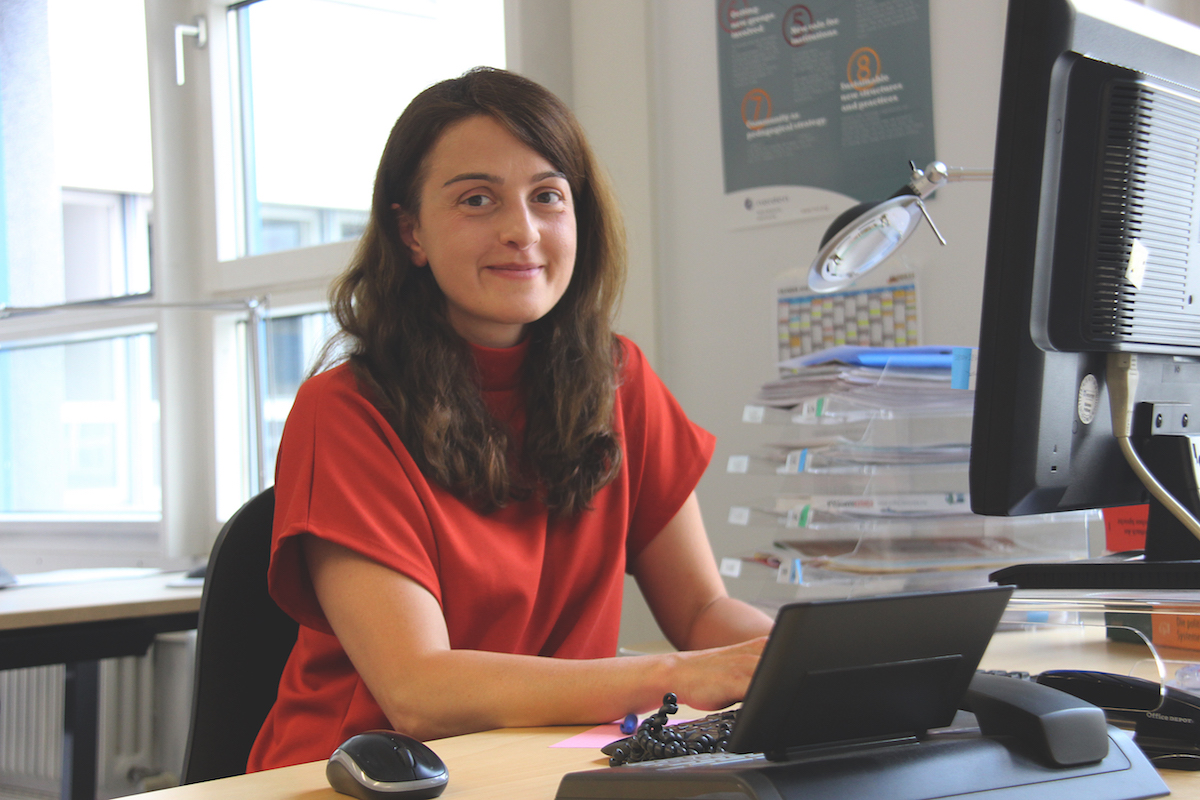
Not all Georgian citizens end up in Europe as refugees. For 35-year-old Nino Kavelashvili, it was a long and difficult path. As many others, Nino came some 17 years ago as an au-pair. Then, she entered university and later found a good job.
The subject of refugees from Georgia and Georgian criminal gangs in Europe disturbs and worries her. She believes that the opinions of a number of European politicians are not fair.
“The fact that a number of Georgians have been coming should not be surprising. That’s how it should be. If some of them end up on the wrong path, that is their personal decision. But this should not be a reason on which to make political decisions. Because there are other Georgians that live differently and they enrich German society, they love Germans and are loved by them. And it would be wrong to focus only on the negative aspects.”
The efforts of Georgia
Archil Karaulashvili, the head of the general directorate for European integration of the Ministry of Foreign Affairs of Georgia told JAMnews in a statement that the visa-free agreement with the EU ‘is the result of the enormous efforts of the Georgian government and an achievement of the Georgian people’.
He says that Georgia completely fulfills its obligations on the readmission of its citizens into Georgia, which has also been noted by the European Commission’s report. The government is carefully observing statistics and migration tendencies and since 2015 has conducted an information campaign to inform the population about how to travel to Europe and not violate the visa-free agreement. The Ministry of Foreign Affairs is currently carrying out a third campaign with the aim of informing citizens as to the repercussions of violating the rules and procedures for receiving asylum in European Union countries.
A law has already been passed which makes it harder to change one’s family name, which was one of the loopholes through which people who had been deported were able to return to the European Union. Other initiatives are also being discussed which aim to limit the number of violations.
In the fight against crime, the Georgian government has been successfully cooperating with Europol, Eurojust and the EC FRONTEX border agency.
All of which, Karaulashvili says, has ensured a lower number of violations of the visa-free agreement.
Representative of the opposition party United National Movement, Salome Samadashvili, thinks otherwise: “We have to see how successful the efforts of the government will be when the economic situation is such that people are forced to look for income abroad. I do not think that these measures will lower the rate of people seeking asylum abroad.”
Giorgi Kandelaki, a representative of yet another opposition party, European Georgia, asserts that one of the reasons behind the problem is the growth of crime in Georgia itself, and the fact that there are few opportunities to legally find work in Europe, which leads Georgian citizens to use the right to ask for asylum for economic reasons.
“This is a very serious problem and closing several bureaucratic loopholes will not get to the root of the problem,” Kandelaki says.
However, the main thing according to him is to deal with the crime in the country, develop the economy and solve the issue of unemployment.
With the support of ‘Mediaset’.
*Names changed to protect the identity of the individual.


















